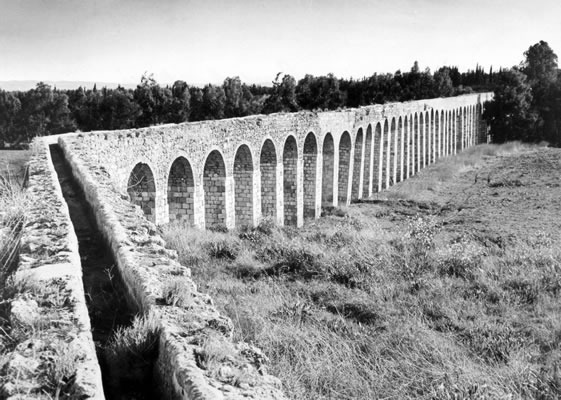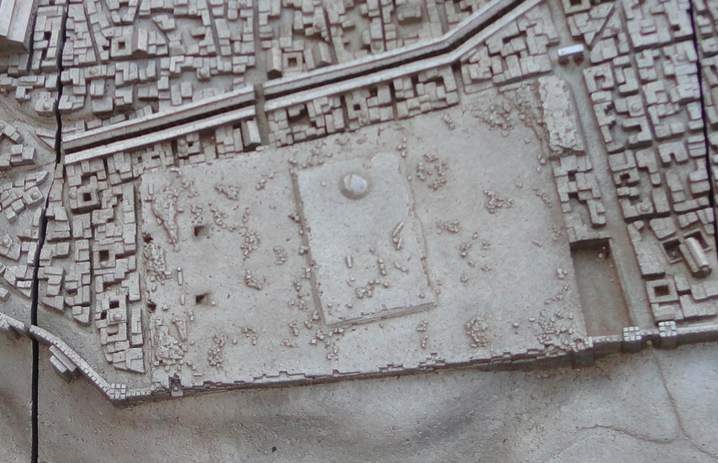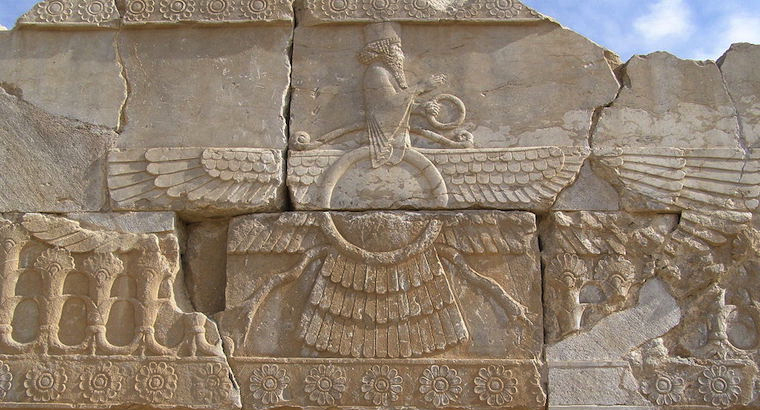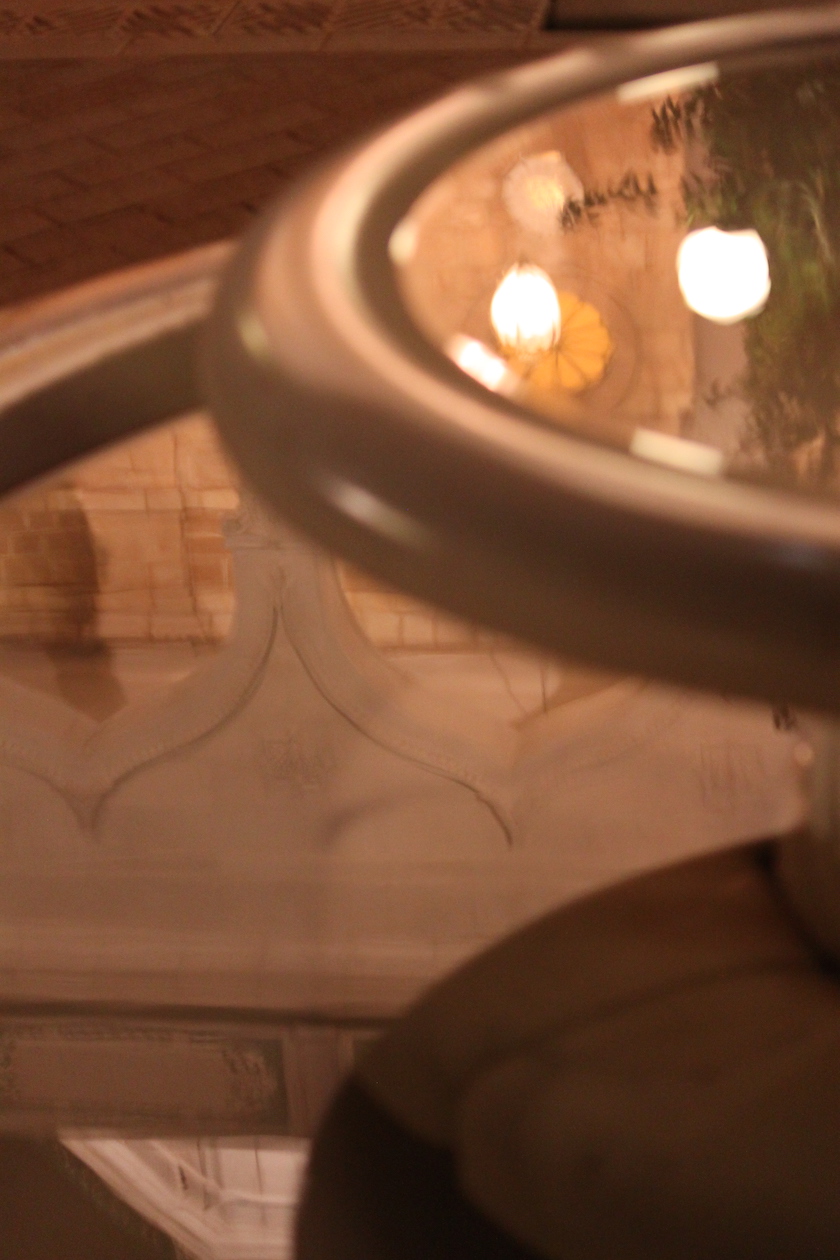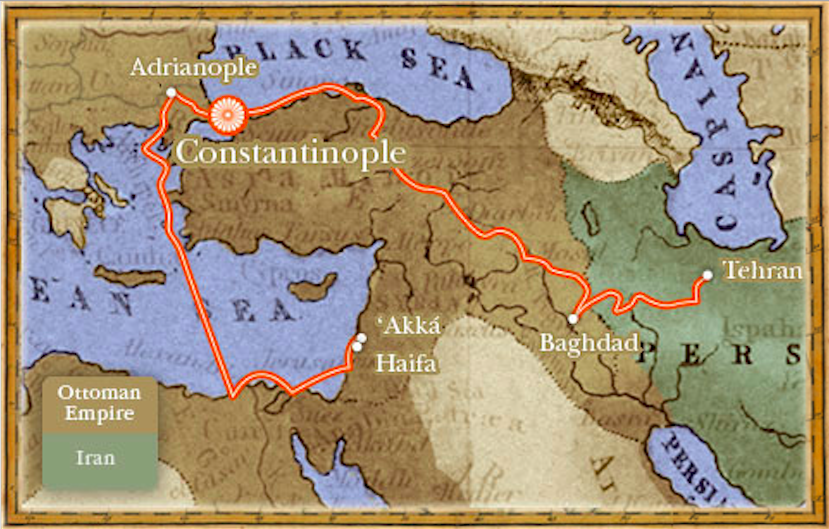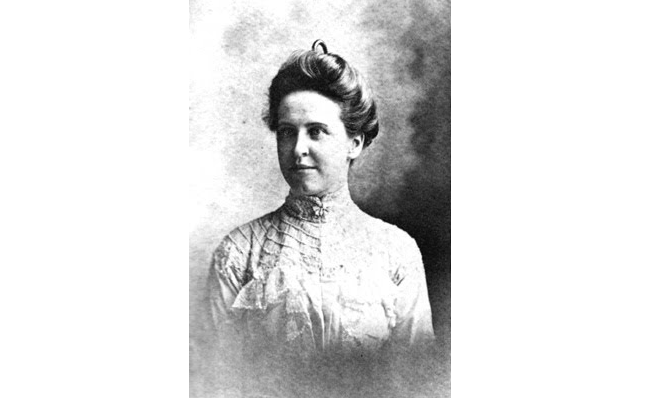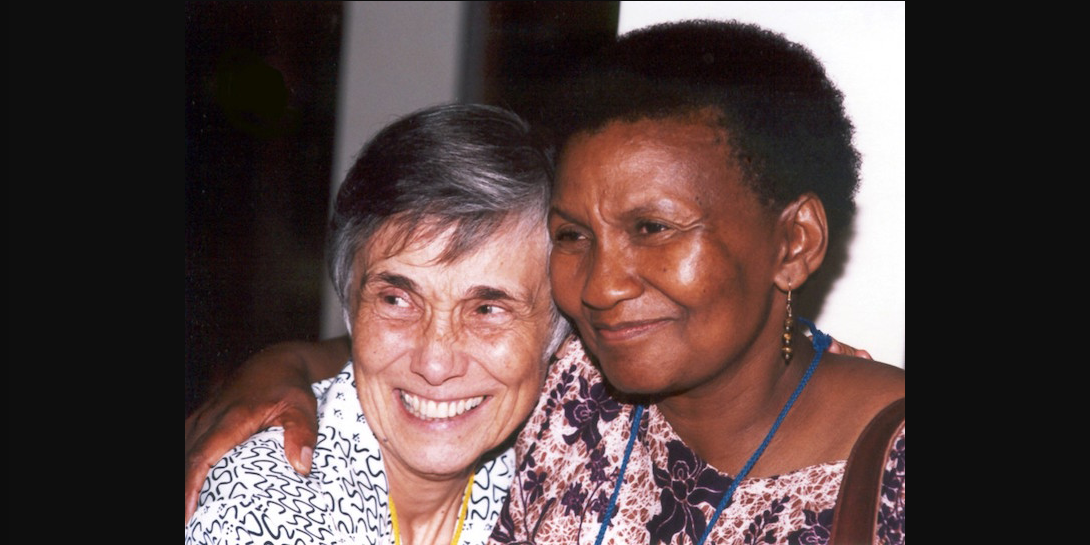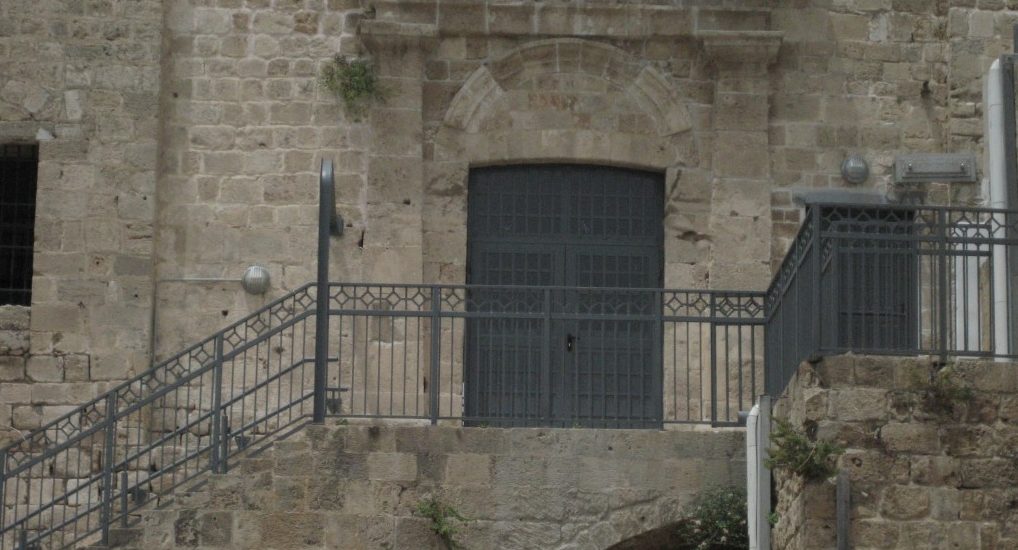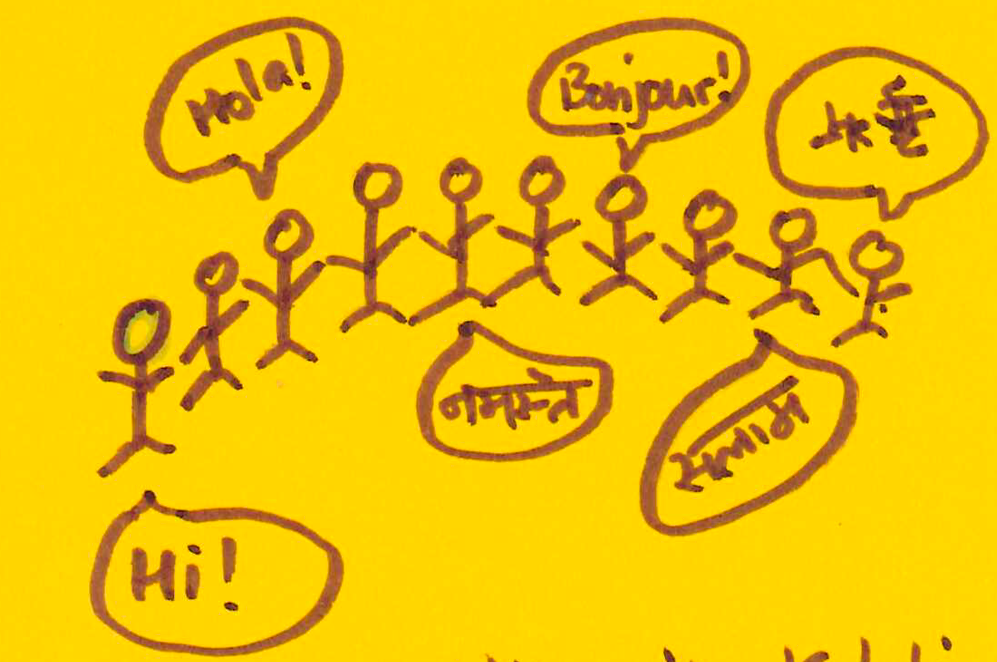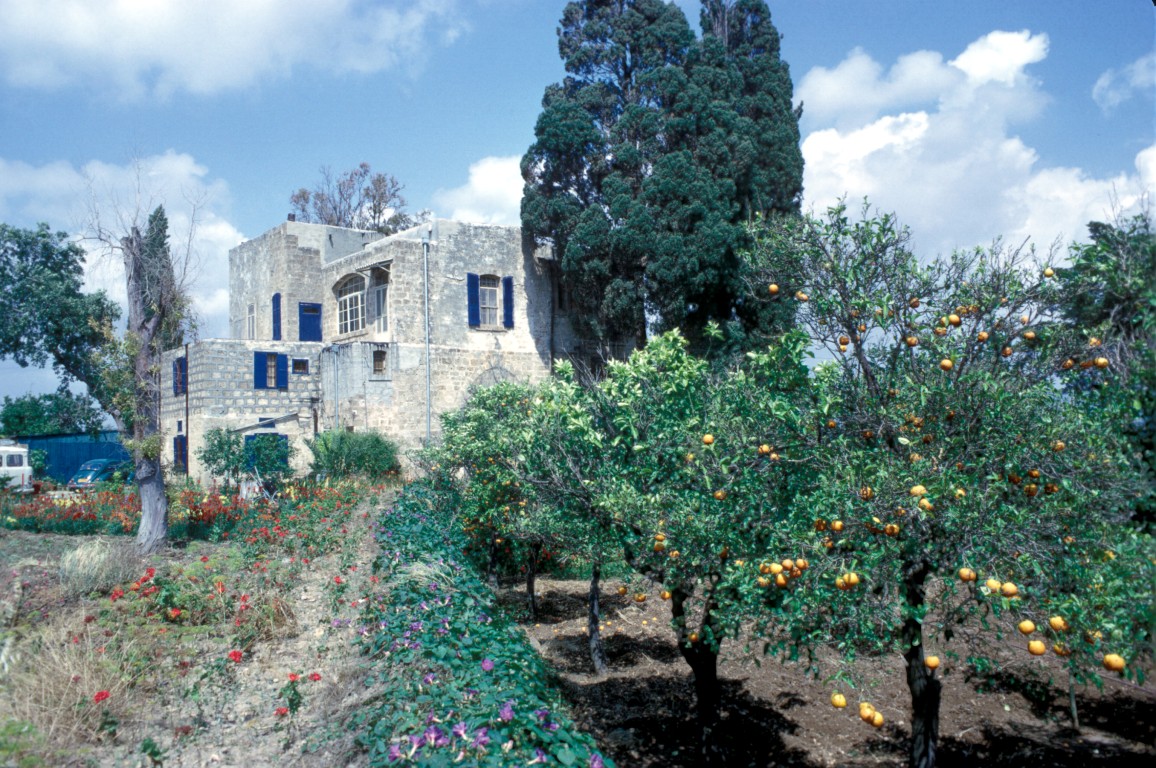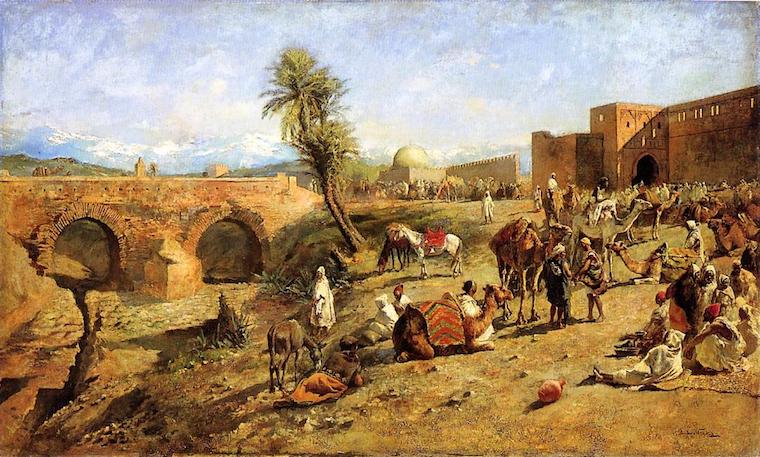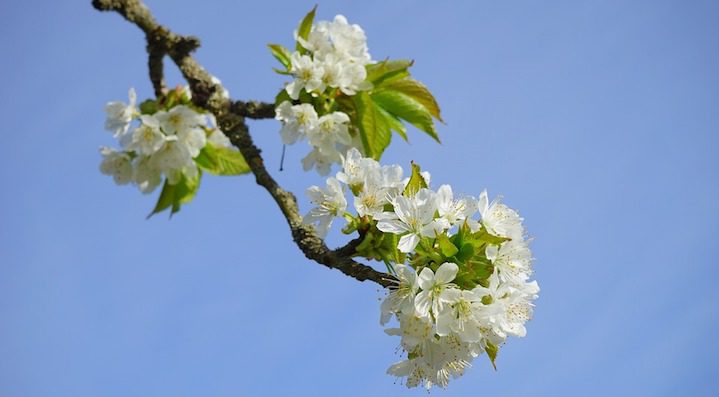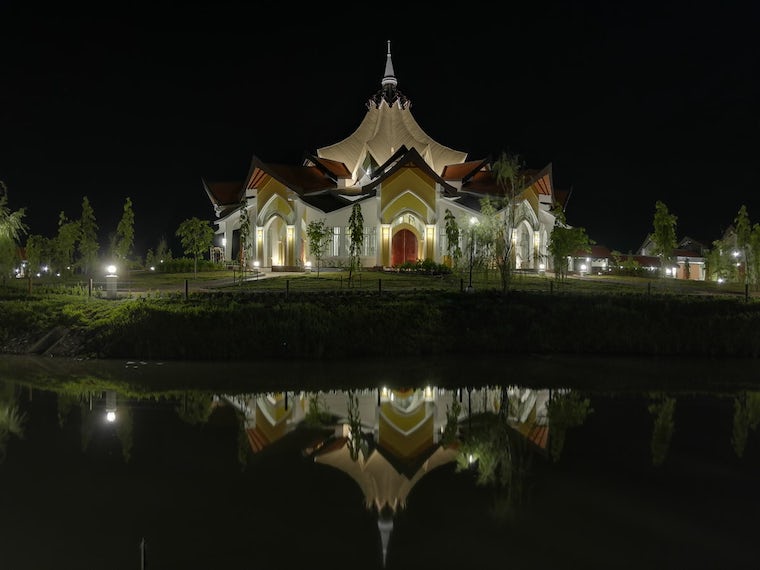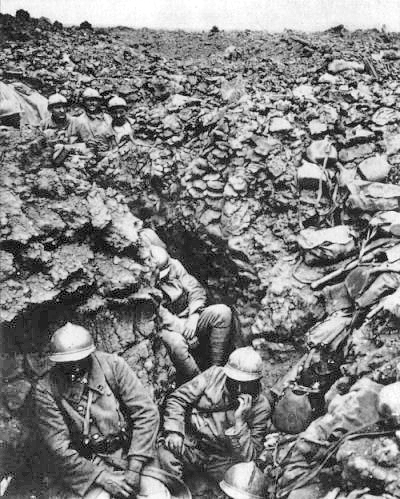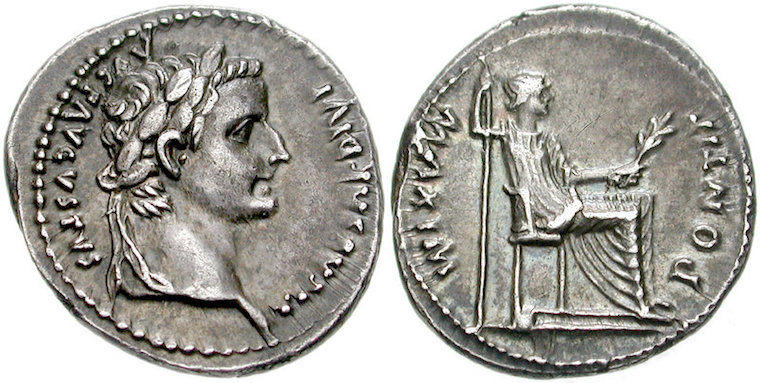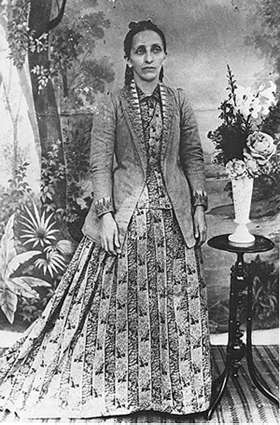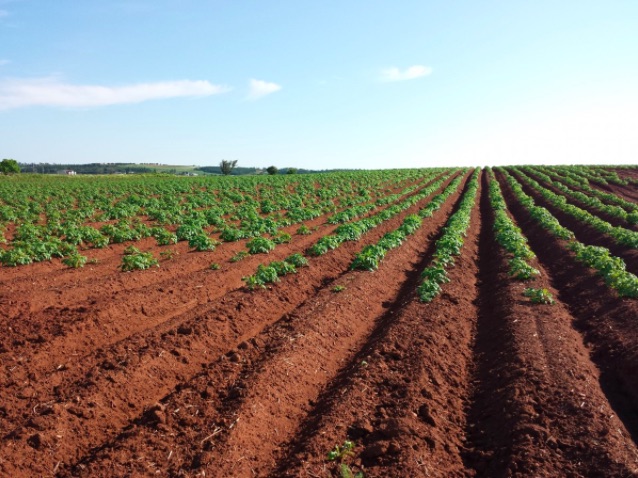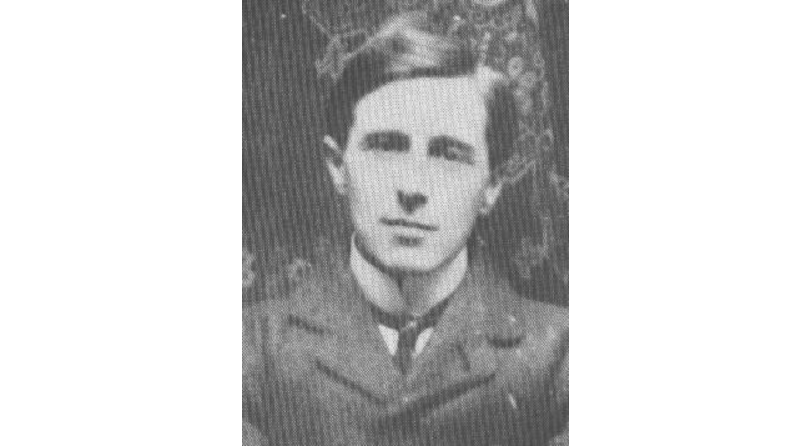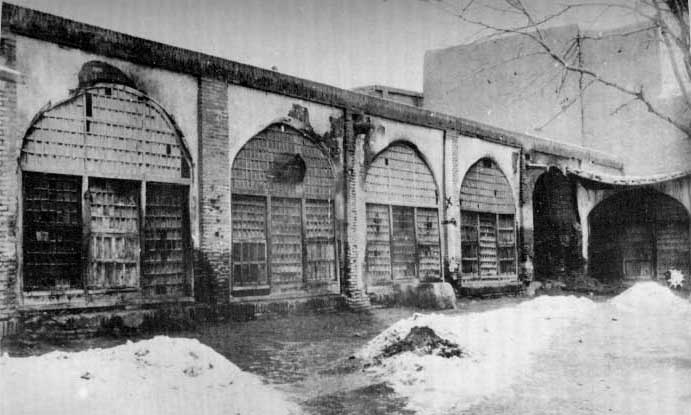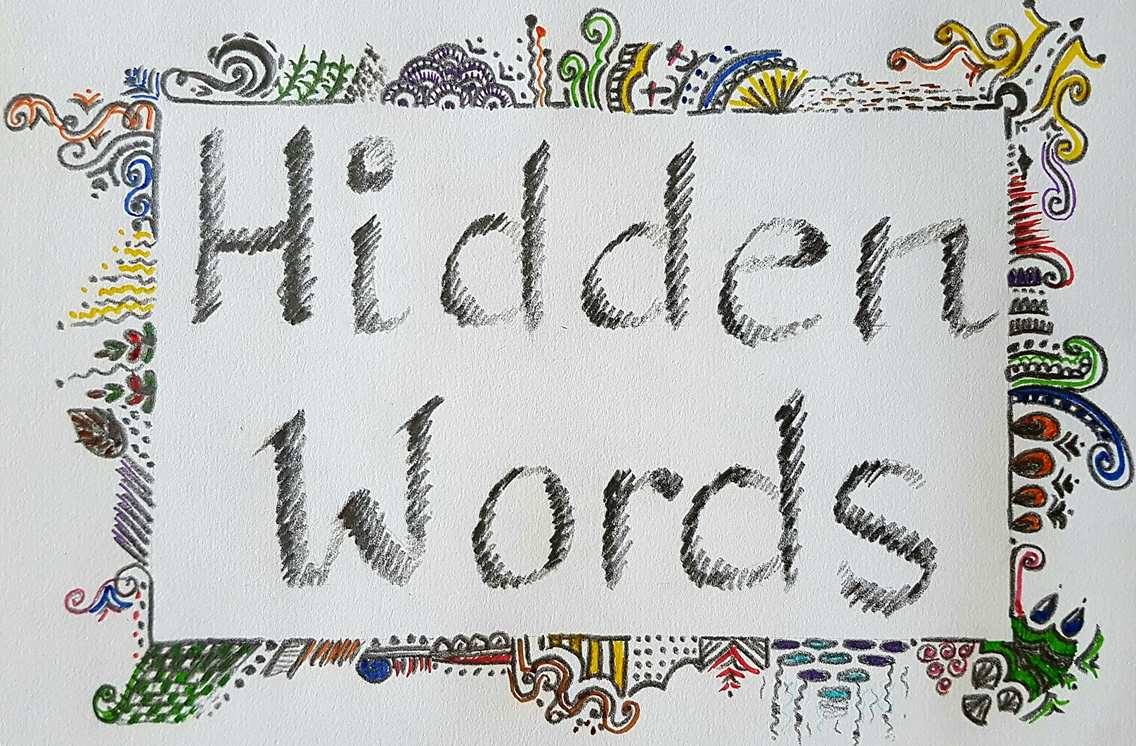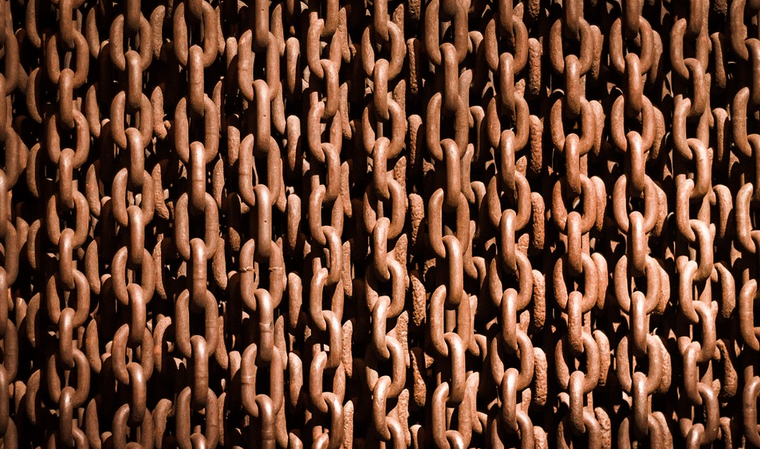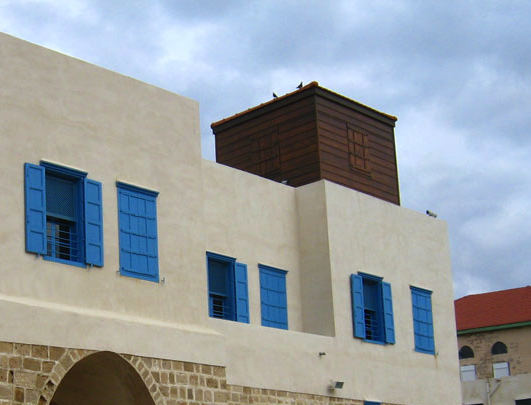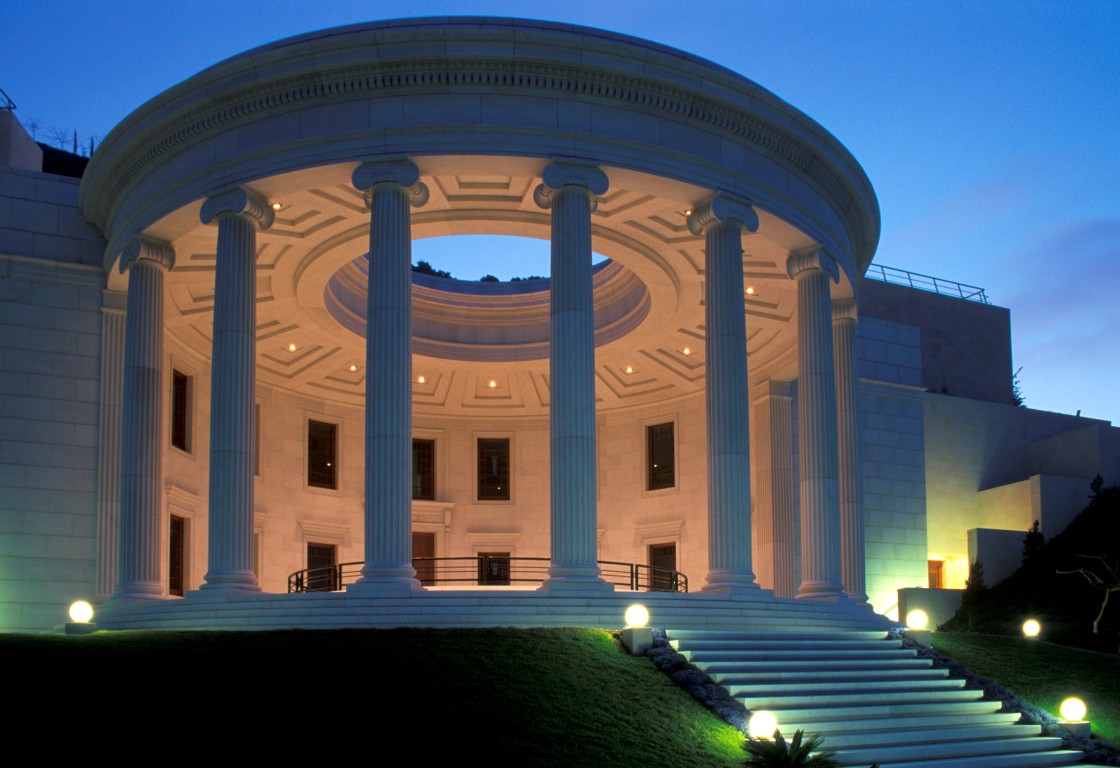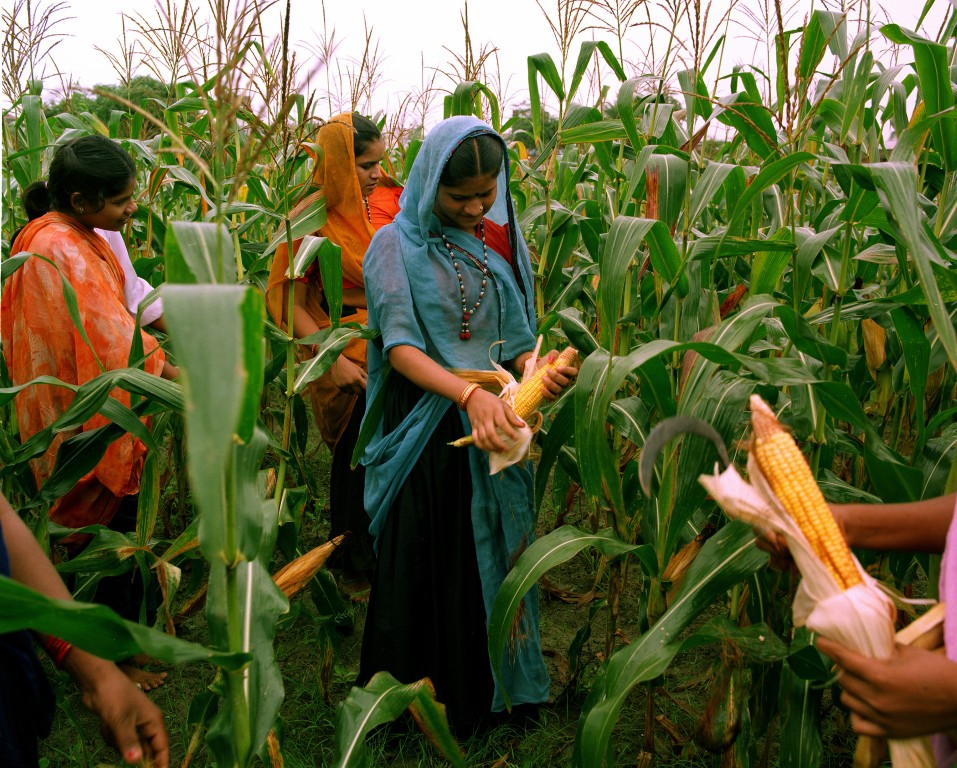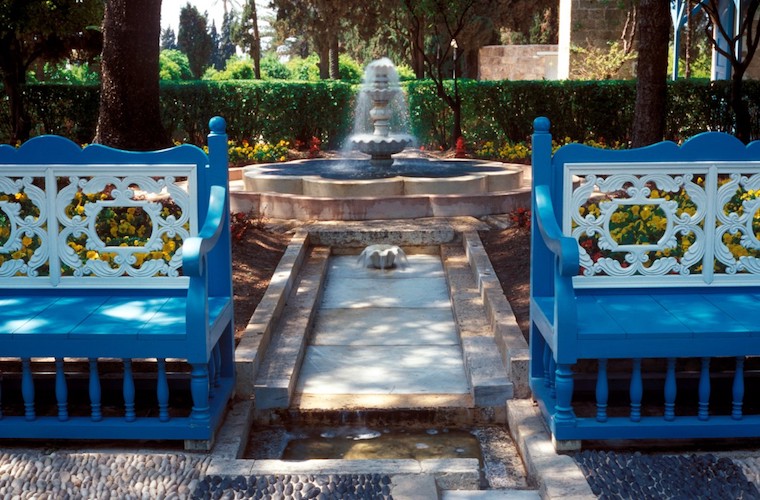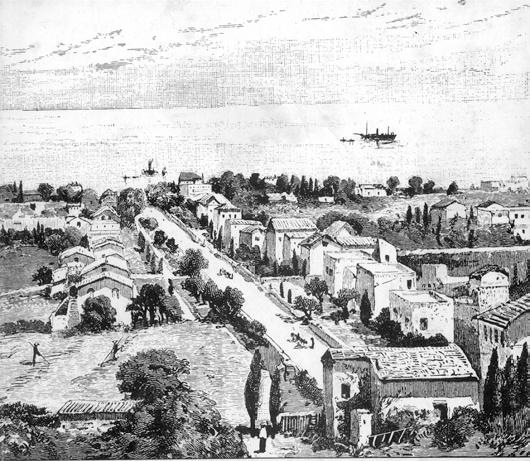-
Water Restored to Akka and Service to the Community
As time went on the people of Akka began to see the true character of Bahá’u’lláh and his followers. The initial contempt and hatred with which they had been greeted on entering the city changed into respect and even reliance. Bahá’u’lláh in this period largely ceased the open association he had followed with the people until their time in Adrianople and instead Abdu’l Baha took on the task of the many requests and expectations that were placed on them by a diversity of enquirers. The following from the recollections of Tuba Khanum, a daughter of Abdu’l Baha provides a sense: [Abdu’l Baha] would go first to the Bírúní, a large reception…
-
Bridging East and West – Bahá’u’lláh’s Dialogue with a Zoroastrian Leader
Zoroastrianism is one of the world’s most ancient faiths. One of its leaders wrote to Bahá’u’lláh. His reply was an exploration of the oneness of religion and the needs of today. Although not well-known in the English speaking world, beyond the fact of its existence, it was once the faith of a great civilization that stretched from Central Asia to Greece. It comes from the same part of the world in which Bahá’u’lláh was born and there was in his day, and still today a Zoroastrian community in Iran. When visiting America, Abdu’l Baha would sometimes comment on the effects of Bahá’u’lláh’s teachings. Communities which had kept apart for hundreds of…
-
Lua’s Last Journey
Lua Getsinger is a household name among Baha’is. She was among the first Western Baha’is to visit Abdu’l Baha and when he met her said to her “I have given you the power to speak and have loosened your tongue” and indeed she was to go on to become a great teacher of the Baha’i Faith. She travelled to India to support the teaching work there. When Abdu’l Baha was in America he entrusted her with travelling to California ahead of him to arrange his speaking engagements. She was sent by him to deliver a message to the Shah of Persia who was visiting Paris, to implore him to end…
-
Arrival in the Prison of Akka: Abdu’l Baha
Abdu’l Baha, Bahá’u’lláh’s eldest son, is held up as the best example of what a Baha’i life can be. Most of us struggle to exemplify even occasionally the virtues that were evident in Abdul Baha’s life. Nonetheless, reflection on his life gives us a standard for which to strive, and many stories are told about him. Among those stories, as told by his sister Bahiyyih Khanum, are the first days in the prison of Akka. Initially, conditions were extremely harsh and Baha’u’llah and his followers were confined to the barracks (which were a prison within a prison). As we have seen, in Adrianople, the people, who had come to know Bahá’u’lláh,…
-
Tablet of the Branch
In Adrianople, Bahá’u’lláh began the public announcement of his mission; writing to kings and rulers and to followers of the Bab. Also from this period, Bahá’u’lláh was already looking far ahead to the time when he would no longer be in the physical world and he was laying the foundations of the Baha’i Faith after his passing. We have already noted the role of Abdu’l Baha in his journeys to the West,[1][2][3][4], and in his role as the foundation stone of human unity. We have seen the extraordinary work schedule that he maintained. In France, his first address was concerned with kindness and welcome to strangers. In the Tablet of the…
-
Waging Peace in the Midst of War
As we have already seen, during World War 1 Abdu’l Baha wrote a series of letters to the Baha’is of North America. While the world was waging war, Abdu’l Baha was waging peace. This is the first of a series of articles with the aim of placing these letters in the context of events occurring in the war about the time the letters were being written. The letters could not be delivered until after the war. 26 March 1916 On this day allied delegates were arriving in Paris for an allied conference. The French government, which had convened the meeting, wished to ensure that no government would separately conclude peace…
-
Right Livelihood: The Case of Thomas Breakwell
Buddhism has a beautiful way of summarising “the good life”. It is symbolised by an eight-spoked wheel. Each spoke of the wheel represents a right way of being – qualities such as “right speech”, “right conduct” and “right mindfulness”. Among the spokes is “right livelihood” and this is where we pick up the story of Thomas Breakwell, for the principle concerns him. Thomas Breakwell became a Baha’i in 1901, one of the earliest westerners to enter the Baha’i Faith. He was a young man aged only 30. He was born in 1872, the son of an ironmonger. He was raised a Methodist and later his family had emigrated to the…
-
Abdu’l Baha’s Work Day
Abdu’l Baha‘s life was full of achievement. The eldest son of Baha’u’llah, he transcended a lifetime of exile and imprisonment and took the Baha’i Faith out of its homelands to a wider world. If all Abdu’l Baha had done was to undertake his teaching trips throughout Europe and North America, it would be more than most of us achieve in a lifetime. The following is Robert Stockman’s description of just Abdu’l Baha’s time in North America. “This was not the visit of a sixty-seven-year-old foreign tourist bent on seeing new places or a religious teacher hoping to cement his fortune and reputation; rather, it was the effort of an almost…
-
A Stronger Thought of Peace
When a thought of war comes oppose it with a stronger thought of peace. It is such a striking statement that it often comes to mind. It appears in a talk given by Abdu’l Baha in Paris in 1911. I charge you all that each one of you concentrate all the thoughts of your heart on love and unity. When a thought of war comes, oppose it by a stronger thought of peace. A thought of hatred must be destroyed by a more powerful thought of love. Thoughts of war bring destruction to all harmony, well-being, restfulness and content. Thoughts of love are constructive of brotherhood, peace, friendship, and happiness.[1] Often Abdu’l Baha’s words have a simplicity and clarity that bely their depth. It is a…
